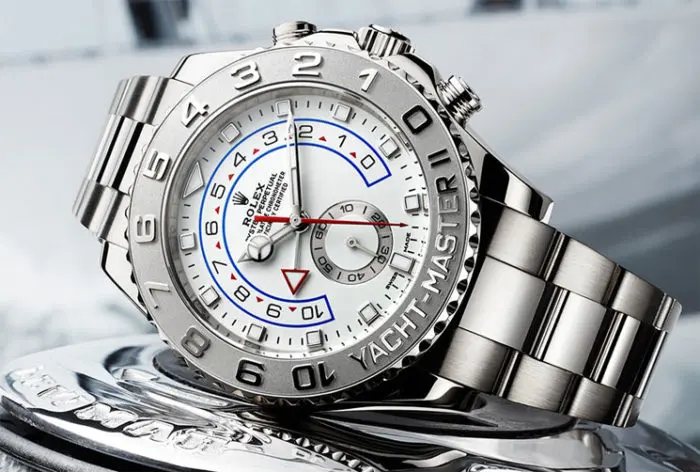So you show up to a party…..
…meet 2 to 3 new people…..
…..and then realize you've forgotten their names almost immediately.
Doh!
Don't worry – this happens to most of us.
In fact an English study that appeared in the Journal of Experimental Psychology (2000, Vol6, No2, The Name Game – Morris & Fritz) had participants try to remember details about certain people they met.
These subjects consistently talked about their hobbies, work, details of their lives and of course mentioned their names.
Consistently, the participants of the study forgot the names of the subjects.

However, they were able to remember other things about the people they met at a MUCH higher rate, suggesting that there was a type of association.
The lawyer looked like a lawyer, the para-glider hobbyist seemed adventuresome, and the woman who collected seashells had an oceanic feel to her.
Names, on the other hand, are often quite arbitrary and are not a “description” of a person – which is why it can be all too easy to forget them and for other people to forget yours.
The good news is there are steps we can take to help others remember our names and for us to remember theirs.
7 Tips To Assist You In The Name Game
1) Use A Shorter Version Of Your Name
People who have longer, complex names may have trouble getting other people to remember them. For these individuals, it is worth trying out a shorter version of their name.
Take the name Svitlana, for example. This is my daughter’s name, but here in the United States we use “Lana” as most American’s can more easily remember it.
Even in our local Slavic community, Sveta is a shorter, and easier, version that they use.
Another problem is if you have a unique spelling or pronunciation. Although people might think this makes them memorable, it often puts others in a bind as they can’t remember the variation or difference in pronunciation.
Consider an abbreviation if you want to make it simpler.
2) Use A Nickname
There are individuals who come from cultures where it is difficult to find a shortened version of a name.
My Chinese and Thai friends immediately come to mind here, as do some Indian and Middle Eastern names.
For these folks, a nickname may be the key to better recall.
These nicknames are not even necessarily a derivative of one’s real name,which is kind of cool as they get to start over in sense and go with whatever they want!
Be careful though of using a nickname that within the culture you choose has a negative stereotype. I had a friend from China who chose the nickname “Jethro” in business school – after it was explained to him about the stereotype associated with this name (thanks to the Beverly Hillbillies), he opted for another!
3) Use A Common Variant Of Your Name
Let’s use my name as an example – Antonio.
A common variant of Antonio is Tony. As a child, I was given this nickname as it was a family name and easier for my younger siblings to pronounce.

In this tradition, my son, Alexander, goes by Alex at school and with his friends. I believe that like me, he’ll eventually adopt his given name in more professional settings (FYI – we call him Sasha for short as it’s a Ukrainian tradition and family name as well!)
4) Spell Your Name Out For People You Meet
Spelling your name out for others, or asking them to do the same, immediately allows the mind to take the name, analyze it and go into more detail with regards to it.
This is a technique that is effective in helping people remember names.
Don’t do it more than once though, and only if you are in a small group!
5) Give Meaning Or Association To Your Name
Attaching an attribute to the name, much like saying, “like the actor, so and so,” or giving a short definition or history of the name, gives the other person a better association.

When I explain to people that my daughters name, Svitlana, means light, and is very similar to the Russian word for light “svet,” and that this name has been associated with great ballerinas, ice skaters, and gymnasts – they are much more likely to remember it!
Providing these extra details allows the information to stick better in people’s heads. They form a story – a mental association.
6) Practice Saying The Name Out Loud
When you meet someone, or introduce yourself, say your name or say back that person’s name a couple of times in normal conversation.
Make this exchange seem natural; by saying the name you are practicing the muscle memory, thus making it more likely for you to remember their name.
7) Give Out A Business Or Calling Card
Have a business or calling card available that you can give out to people that you have just met.
With your name right on it, they can cheat and not feel bad about when they forget your name.
Also, they will normally give you a card back (although not so much in casual, non-business settings), allowing you to have a reference to their name.
If you need to, discreetly look at their calling card to glance at their name just in case it slips your mind.
If you enjoyed this article – make sure to explore my hundreds of helpful videos on YouTube or grab your copy of my FREE 47 pages ebook – 7 Deadly Style Sins by clicking here.







